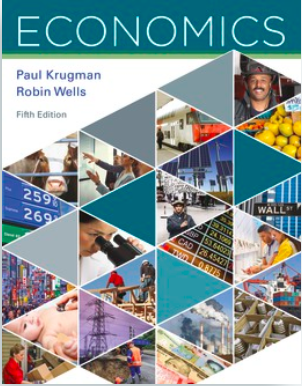Penguin Random House usually charges $55/ copy of an ebook, and they need to be repurchased every 24 months.
Simon and Schuster usually charges list price, and they need to be repurchased every 12 months
Hachette charges $80-$90 (!!!) BUT, they never need to be repurchased.
(Assuming a standard checkout period of 3 weeks, and the book is ALWAYS checked out for 2 full years, you still only get 35 checkouts.)
BUT! When we rebuy in print, it is so much less expensive!
publishersweekly.com/pw/by-topic/in…
As @aswatki1 pointed out, Macmillan wants library users to stop using the library.
Let’s follow this to its conclusion—people stop using us, we lose funding, we close.
Only people with access to a brick and mortar store get to browse and discover smaller titles.
But really, in the end, Macmillan thinks poor people don’t deserve to read books.
















